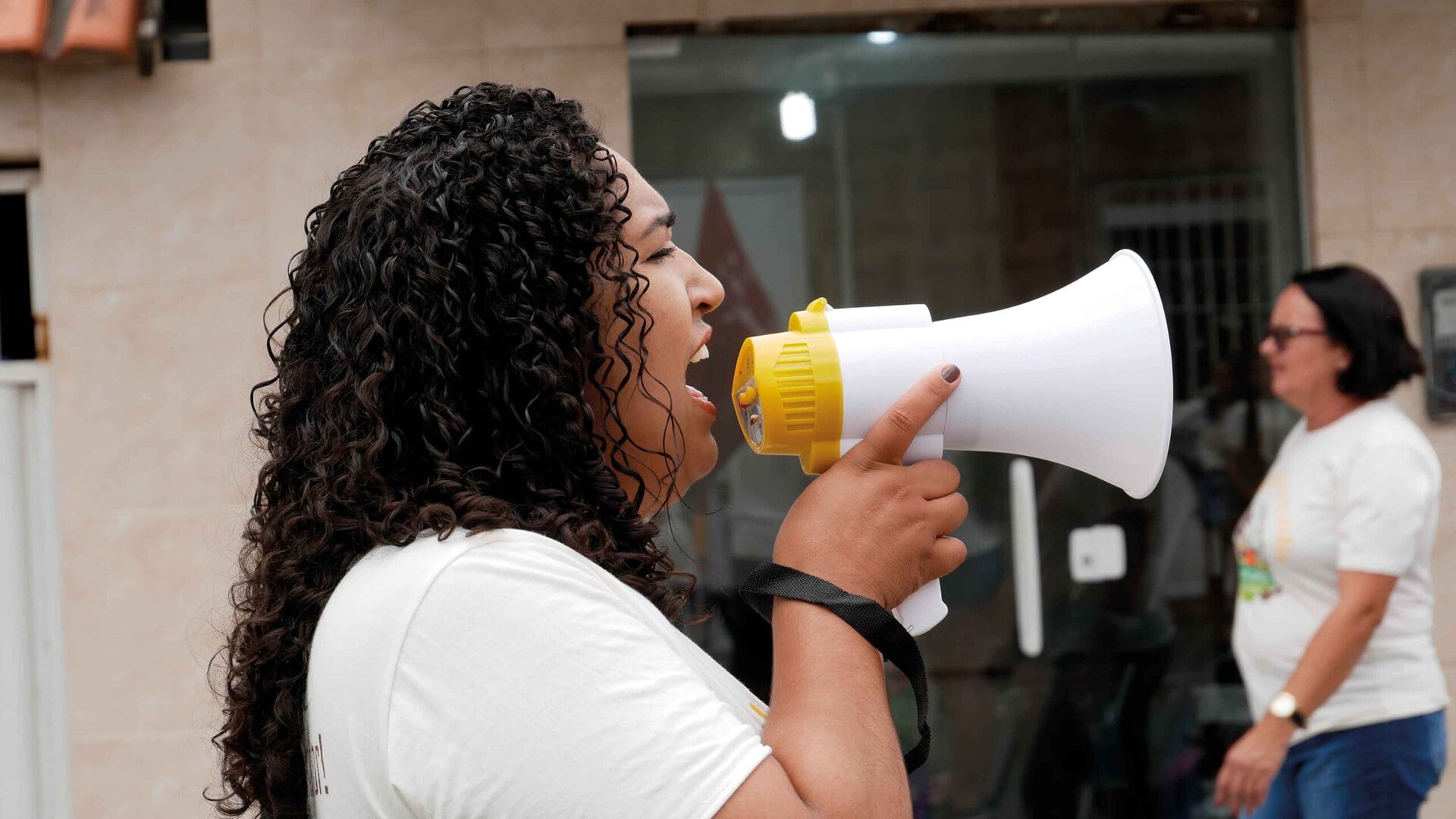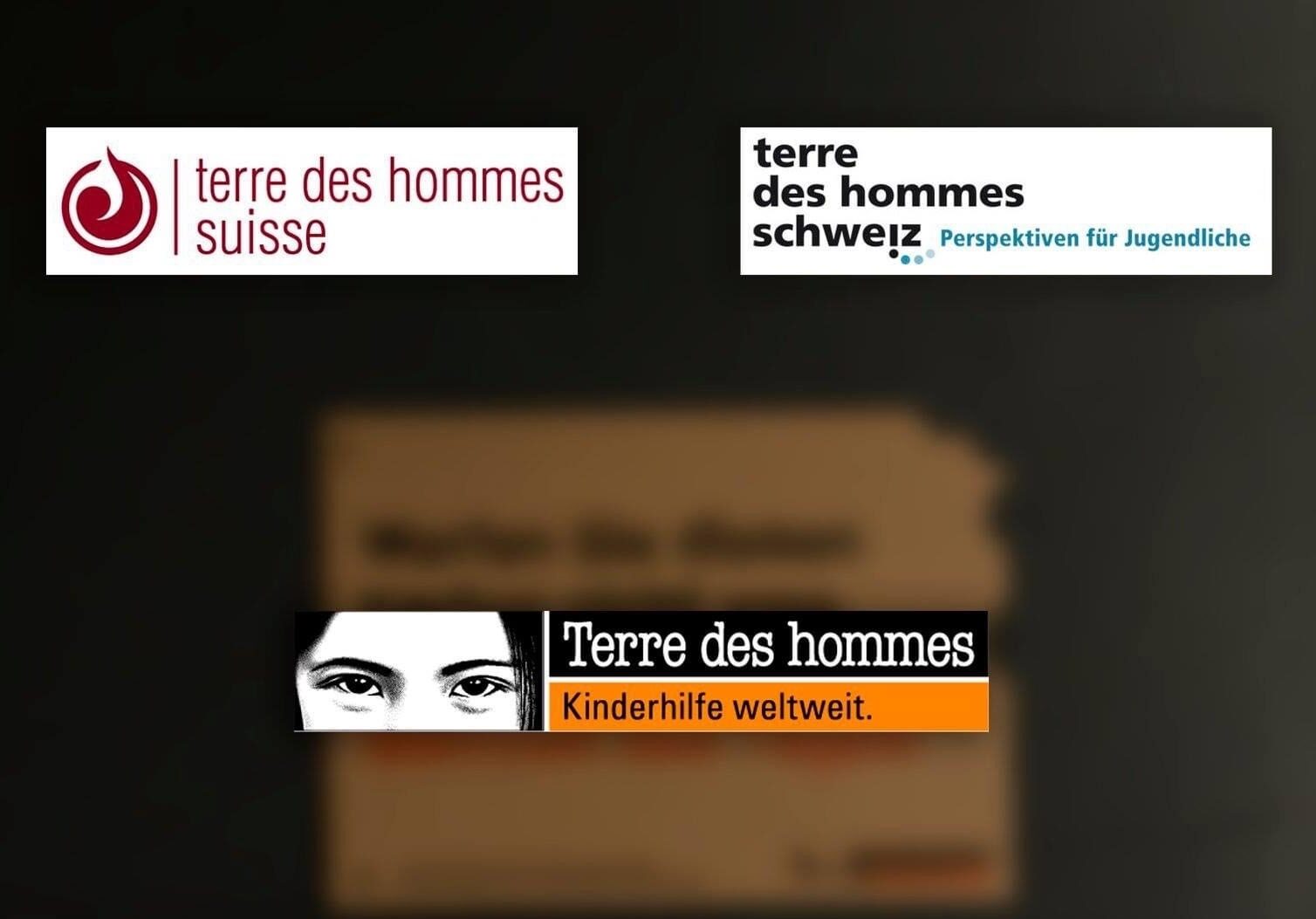Event invitation:
The rejection of the referendum in Colombia has severely shaken legitimate hopes. Although the negotiating parties are sticking to the peace process, the failure of the referendum shows how deep the war wounds are. How can peace still be achieved? The discussion event with Colombian representatives of the peace movement on November 1 in Basel attempts to provide answers to this question.
For more than 50 years, people in Colombia have been suffering from the conflict between the government and various guerrilla groups. Several million people are displaced in their own country. The rejection of the negotiated peace treaty shows how fragile the peace process can be right up to the end. The acceptance of the referendum would only have been an important milestone. After all, the social conflicts will not disappear overnight as a result of a peace treaty. The central question is: how do you create peace in a country where warlike violence has been part of everyday life for generations? This question will be explored at the event organized by terre des hommes schweiz on 1 November in Basel.
Guests from Colombia talk about their practical experiences
At the discussion event, representatives of the peace movement in Colombia will give first-hand accounts of what Colombian organizations are doing to heal the wounds of war.
- Ricardo Esquivia from the Sembrandopaz organization: Sembrandopaz supports four village communities in their peace and reconciliation work. This involves issues such as the return of displaced people and the reconstruction of their community structures. It advises on land rights issues and creates opportunities for dialog in the communities. This helps to defuse local conflicts.
- Luz Estela Romero from the organization Colemad: Colemad campaigns for the rights of women, ethnic minorities and the land rights of the population, key issues in the development of sustainable peace. will present concrete examples of their peace work.
- Silke Oldenburg, lecturer at the Department of Anthropology at the University of Basel: She will contribute her experiences from her research work in Colombia to the discussion. She has been researching various socio-political issues in Colombia’s urban space since 2004. In her new research project, she has been working on the challenges of urban change and the consequences of gentrification in Cartagena de Indias since 2015.
When: Tuesday, November 1, 2016, 6:30 p.m. to 8 p.m.
Where: Unternehmen Mitte, Gerbergasse 30 Basel (second floor)
The discussion evening is part of a series of events starting on October 24 in Zurich and also taking place in Lucerne, Fribourg, Bern and Geneva.
The event is part of the Swiss peacebuilding program “Semillas des Esperanza”. terre des hommes schweiz supports this program together with nine other Swiss NGOs. It focuses on supporting grassroots organizations that carry out reconciliation work in regions particularly affected by war.



